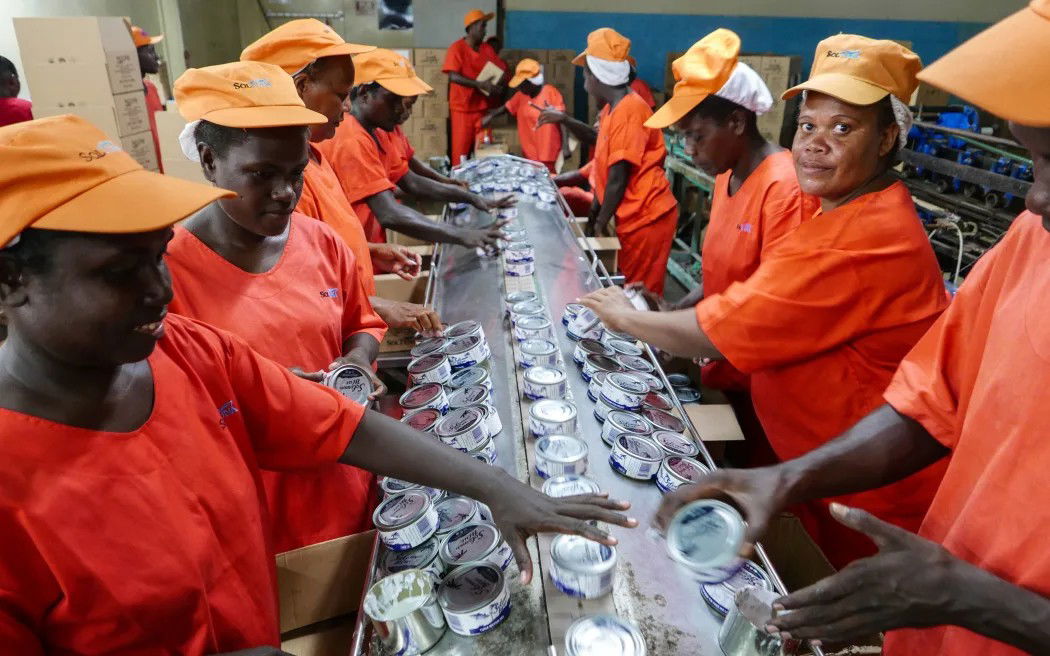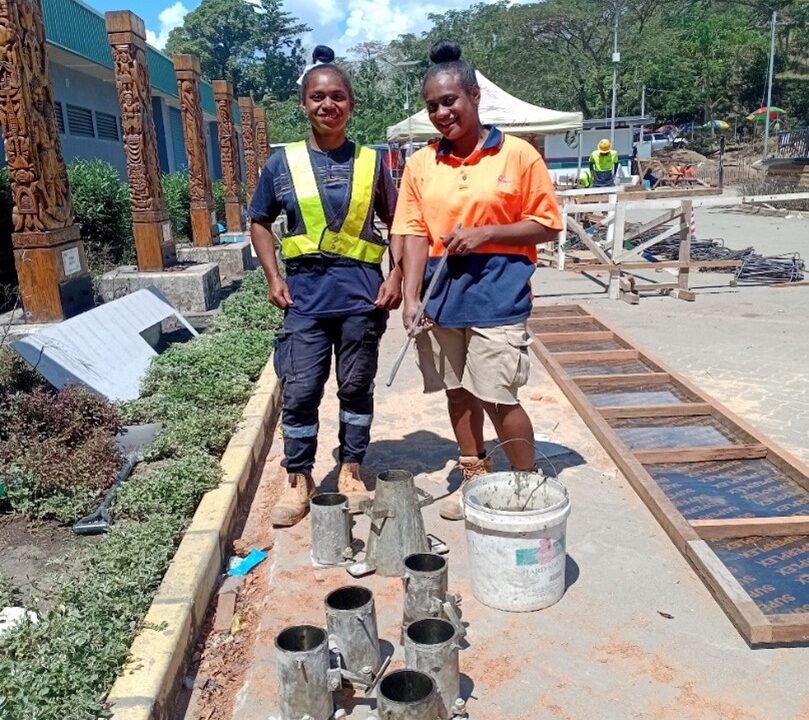Manufacturing

Relevance
Manufacturing represents 8.2% of Solomon Islands’ GDP (about US$127.4 million) and is increasingly recognized as a critical driver of economic diversification. Both the National Development Strategy (2016–2035) and the Investment Policy & Strategy (2023–2043) emphasize the sector’s role in advancing downstream processing, encouraging industrialization, and fostering inclusive growth. By adding value to local resources in agriculture, fisheries, and forestry, manufacturing reduces reliance on raw commodity exports while creating new employment and business opportunities, particularly for youth, women, and SMEs.
The sector also aligns with national policy priorities such as import substitution—to reduce dependence on imported manufactured goods—alongside the promotion of export-oriented industries, branding of “Made in Solomon Islands” products, and facilitation of investment through Special Economic Zones (SEZs). With demand rising in both domestic and regional markets, and increasing consumer interest in sustainable and eco-friendly products, the Solomon Islands is well positioned to expand its manufacturing base, enhance SME participation, and capture a larger share of regional trade through targeted industrial initiatives.
Policy framework
- National Development Strategy (2016–2035): Emphasizes growth in the productive sectors and the need for downstream processing in agriculture, forestry, and fisheries. Positions manufacturing as a key channel for inclusive growth, poverty reduction, and rural employment.
- Investment Policy & Strategy (2023–2043): Identifies manufacturing as a priority sector, highlighting subsectors such as food processing, timber furniture, kit homes, garments, wooden toys, and cosmetics. Emphasizes industrialization, import substitution, product branding, and support through Special Economic Zones (SEZs).
- Industrial Development Division (MCILI): Leads industrial planning and policy, promoting light industry, value addition, and providing guidance to investors.

Investment Opportunities
- Food Processing: Add value to local crops (coconut, cocoa, cassava, kava, coffee, spices) and fisheries products (tuna, smoked fish, dried seafood). Strong domestic demand and growing export potential, especially with investment in storage, logistics, and processing facilities.
- Garments (local market): Rising demand for affordable clothing and uniforms. Opportunities for SMEs in niche products and Pacific-themed apparel.
- Wooden toys (local & export): Eco-friendly toys made from sustainably harvested timber. High potential in niche international markets such as Australia, New Zealand, and Europe.
- Furniture (export-oriented): Production of high-value, sustainable hardwood furniture. Strong regional and global demand, especially for certified products.
- Cosmetics (local & export): Use of coconut oil, virgin oils, and natural ingredients for soaps, beauty, and wellness products. Increasing preference for organic, eco-friendly cosmetics in regional and global markets.